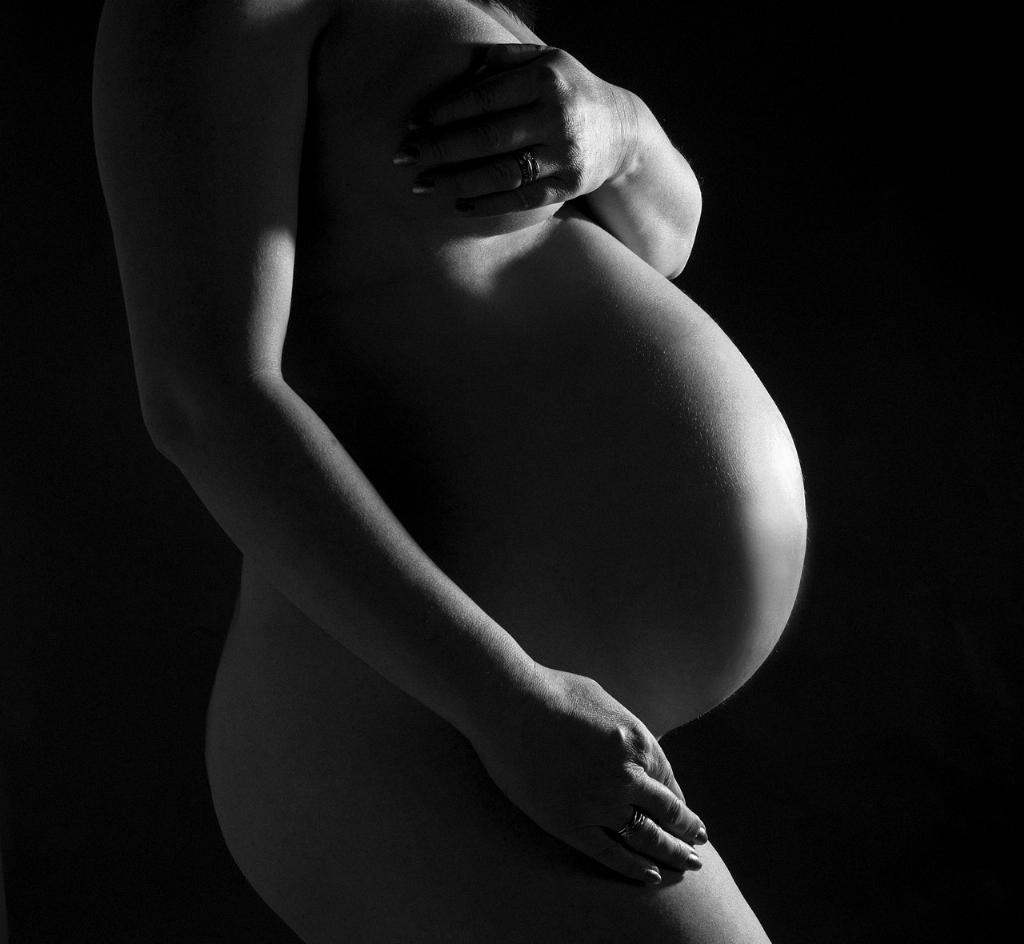One of the fascinating aspects of pregnancy is the nesting instinct that many expectant mothers experience as they approach the end of their pregnancies. Nesting, a term used to describe the sudden urge to clean, organize, and prepare the home for the arrival of a new baby, is a common phenomenon that can be both perplexing and energizing for pregnant women.
Research suggests that nesting can start as early as around 24 weeks into pregnancy, though it typically peaks in the third trimester. This surge of energy and motivation to clean and organize often occurs a few weeks before the baby is due to arrive, leading many women to believe that nesting is a sign that labor is imminent.
For many women, the nesting instinct can manifest as a strong desire to declutter and clean the home, set up the nursery, and complete any unfinished tasks before the baby’s arrival. This sudden burst of energy and motivation can be overwhelming but can also be incredibly satisfying as the expectant mother prepares for the new chapter in her life.
It is believed that the nesting instinct is driven by a combination of factors, including hormonal changes, the body’s preparation for childbirth, and the psychological need to create a safe and welcoming environment for the newborn. This primal urge to protect and nurture the baby is deeply ingrained in the maternal instinct and can be a powerful motivator for expectant mothers.
Some women may experience nesting in the form of intense bursts of energy and motivation, while others may feel a more gradual onset of the nesting instinct as their due date approaches. Regardless of the timing or intensity of nesting, it is a natural and common phenomenon that many pregnant women experience as they anticipate the arrival of their baby.
It is important for expectant mothers to listen to their bodies and pace themselves when engaging in nesting activities. While it can be tempting to overexert oneself in the quest for a perfectly organized home, it is crucial to prioritize self-care and rest during this physically demanding time.
Preparing for the arrival of a new baby can be a joyful and exciting time, and the nesting instinct plays a significant role in this process. By embracing the urge to clean, organize, and prepare the home, expectant mothers can create a welcoming and comfortable environment for themselves and their newborn.
While some women may feel a sense of urgency and compulsion to nest, others may approach it more methodically and calmly. The important thing is to trust your instincts and do what feels right for you and your growing family.
Remember that nesting is a natural and normal part of the pregnancy journey, and it is okay to seek help from your partner, family, or friends if you feel overwhelmed by the tasks at hand. Building a support system and sharing the preparations for the baby’s arrival can make the nesting process more enjoyable and less stressful.
In conclusion, the nesting instinct typically kicks in during the third trimester of pregnancy, though it can start as early as 24 weeks. This surge of energy and motivation to clean, organize, and prepare the home for the new baby is a common and natural phenomenon that many expectant mothers experience as they await the arrival of their little one.
Embrace the nesting instinct as a sign of your body’s readiness for the new chapter ahead and allow yourself to enjoy the process of creating a nurturing and welcoming environment for your baby. Trust your instincts, prioritize self-care, and remember that the nesting instinct is a beautiful expression of your love and preparation for your growing family.

